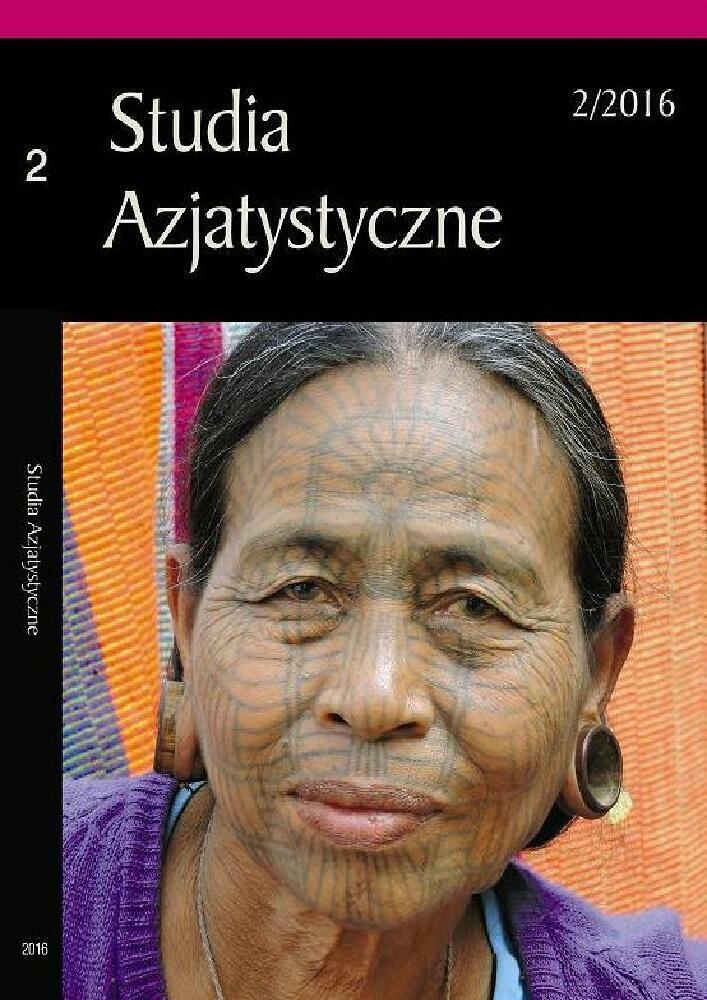Abstrakt
The article is a reflection on the topic of connection between a legal procedure and a performance and its role during the trial of Adolf Eichmann. After almost two decades of intentional silence surrounding the subject of the Holocaust survivors in the official Israeli discourse, during the trial of Adolf Eichmann, which took place in Jerusalem in 1961, for the first time the victims where given an opportunity to speak about their experiences to the public, wheras the Israeli society of early sixties, for the first time faced these stories. In the paper the author argues that the trial of Adolf Eichmann was not only a legal procedure, but also – in the light of strategies determining its final shape – a performance that was supposed to construct a new perspecitve of Holocaust narratives in Israel of early sixties.
Bibliografia
Agamben, Giorgio. 2008. Homo sacer. Suwerenna władza i nagie życie. Tłum. Mateusz Salwa. Warszawa: Prószyński i S-ka.
Arendt, Hannah. 2010. Eichmann w Jerozolimie. Rzecz o banalności zła. Tłum. Adam Szostkiewicz. Kraków: Znak.
Carlson, Marvin. 2001. The Haunted Stage. The Theatre as Memory Machine. Michigan: University of Michigan Press.
De Ycaza, Carla. 2010. Performative functions of genocide trials in Rwanda: Reconciliation through restorative justice, AJCR 10, 3, 9-28.
Felman, Shoshana. 2001. Theaters of Justice: Arendt in Jerusalem, the Eichmann Trial, and the Redefinition of Legal Meaning in the Wake of the Holocaust, Critical Inquiry 27, 201-238.
Hilberg, Raul. 2007. Sprawcy, ofiary, świadkowie: zagłada Żydów 1933–1945. Tłum. Jerzy Giebułtowski. Warszawa: Wyd. Cyklady.
Didi-Huberman, Georges. 2012. Obrazy mimo wszystko. Tłum. Mai Kubiak Ho-Chi. Kraków: Universitas.
Leder, Andrzej. 2009. Eichmann jako objaw: Lena Magnone, Anna Mach (red.). Wokół Freuda i Lacana. Interpretacje psychoanalityczne. Warszawa: Difin, 241-251.
Lipstadt, Deborah. 2012. Proces Eichmanna. Tłum. Maciej Antosiewicz. Warszawa: Wielka Litera.
Niziołek, Grzegorz. 2013. Polski teatr Zagłady. Warszawa: Instytut Teatralny im. Zbigniewa Raszewskiego, Wydawnictwo Krytyki Politycznej.
Schechner, Richard. 2002. Performance Studies: An Introduction. New York: Routledge.
Segev, Tom. 2012. Siódmy milion. Izrael – piętno Zagłady. Tłum. Barbara Gadomska. Warszawa: Wydawnictwo Naukowe PWN.
Zertal, Idit. 2010. Naród i śmierć. Zagłada w dyskursie i polityce Izraela. Tłum. Jan Maria Kłoczowski. Kraków: Universitas.
Źródła internetowe
http://www.nizkor.org/hweb/people/e/eichmann–adolf/transcripts/Sessions/Session–001–01.html, dostęp: 15.03.2014.
Wideografia
Trial of Adolf Eichmann [zapis obrad procesu]. 1961. prod. Milton A. Fruchtman, reż. Leo Hurwitz, Capital Cities Broadcasting Corporation.
Licencja

Ten utwór jest dostępny na licencji Creative Commons Uznanie autorstwa 4.0 Międzynarodowe.
